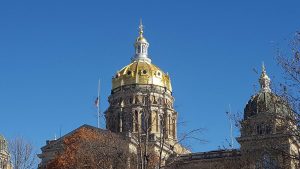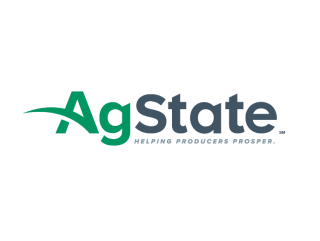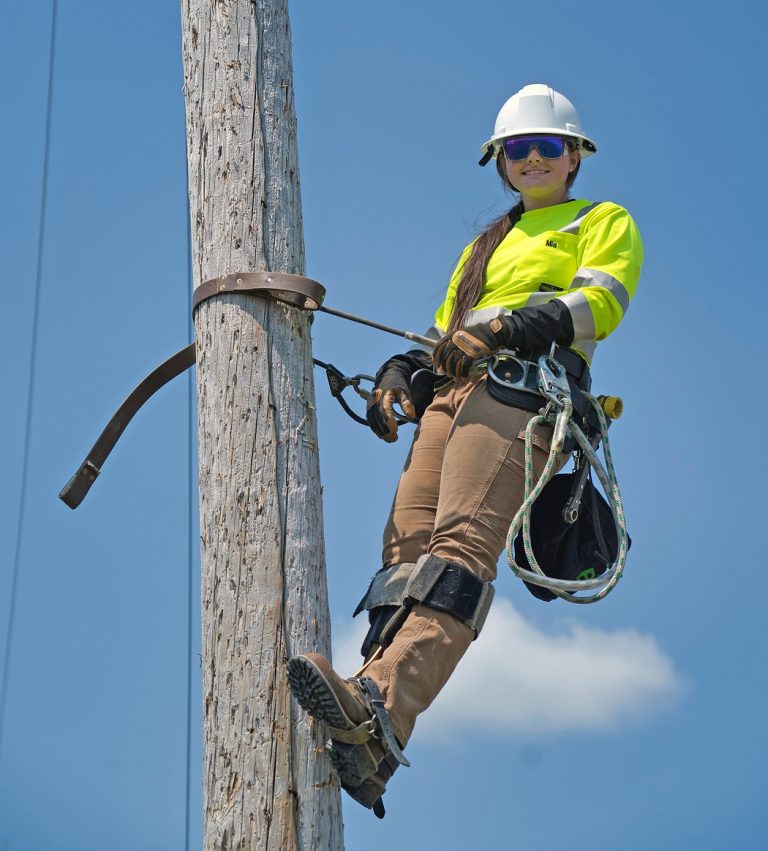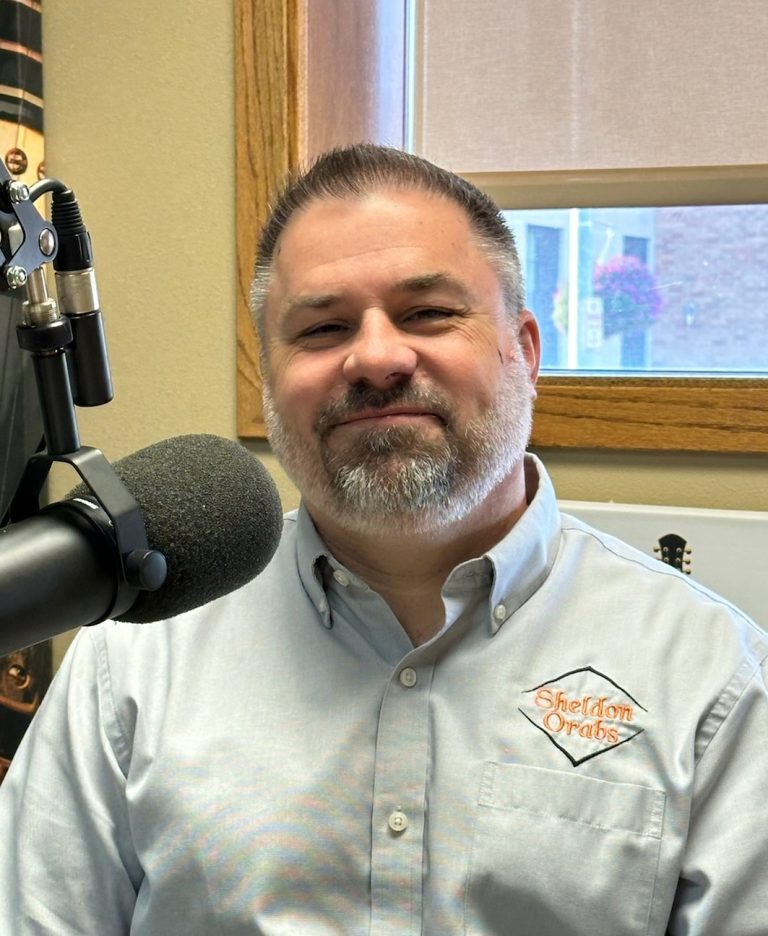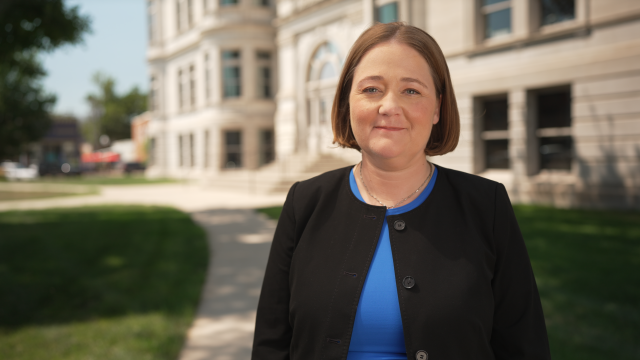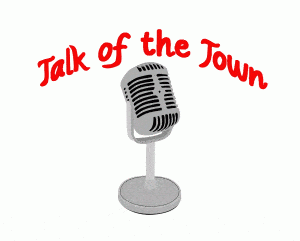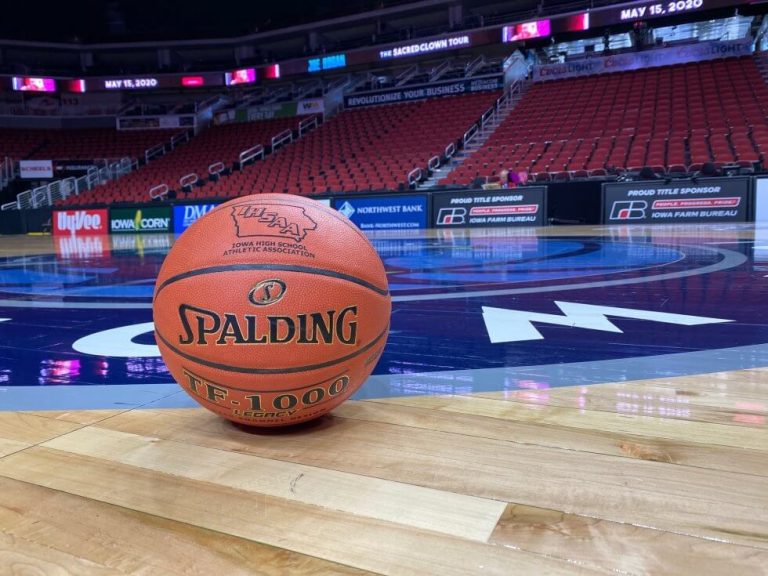Statewide Iowa — Thirty Republicans in the Iowa Senate have voted to impose new limits on the power of the state’s top election official to adjust election rules during an emergency.
Secretary of State Paul Pate expanded the days of “early voting” for the June Primary AND mailed absentee ballot request forms to every registered voter in the state to boost voting by mail during the pandemic. Senator Roby Smith, a Republican from Davenport, says one person shouldn’t have that much authority.
(As above) “There needs to be checks and balances on elected officials. I learned that way back in third grade,” Smith says. “And right now, an elected secretary of state can do whatever he wants during an emergency when it comes to election law…that is not good.”
Two Republicans joined all the Democrats in the Senate to oppose the bill. Senator Todd Taylor, a Democrat from Cedar Rapids, says due to COVID-19 concerns, the unprecedented steps Pate took this spring may be needed for the fall election, too.
(As above) “You are suppressing the vote by taking away an option in these unprecedented times to expand access,” Taylor says.
Senator Pam Jochum, a Democrat from Dubuque, says the bill is an embarrassment.
(As above) “God help us,” Jochum said. “This is nothing more than trying to rig an election.”
Senator Smith chastized Democrats and those in the media who’ve criticized his plan. It no longer allows county officials to verify a voter’s identity on an absentee ballot if the voter fails to put an ID number on the return envelope.
(As above) “This bill is about security. Right now, there’s no voter ID when it comes to absentee ballots. All you’ve got to do is put your name on it, sign it, send it in. No drivers license number? No voter ID number? This says that you need to fill it out, voter!”
The most common mistake on an absentee ballot is forgetting to sign it. The bill gives voters six more days to go into the county auditor’s office and put their signature on the ballot. It also forbids COUNTY officials from reducing the number of Election Day polling places by more than 35 percent. The legislation now goes to the Republican-led House.


